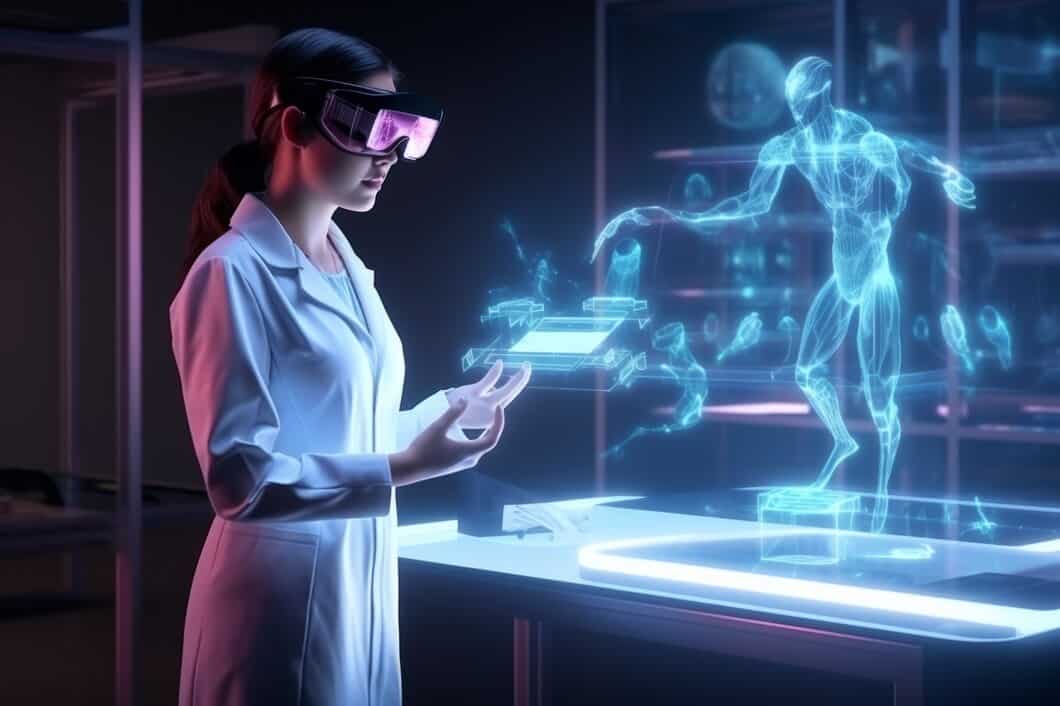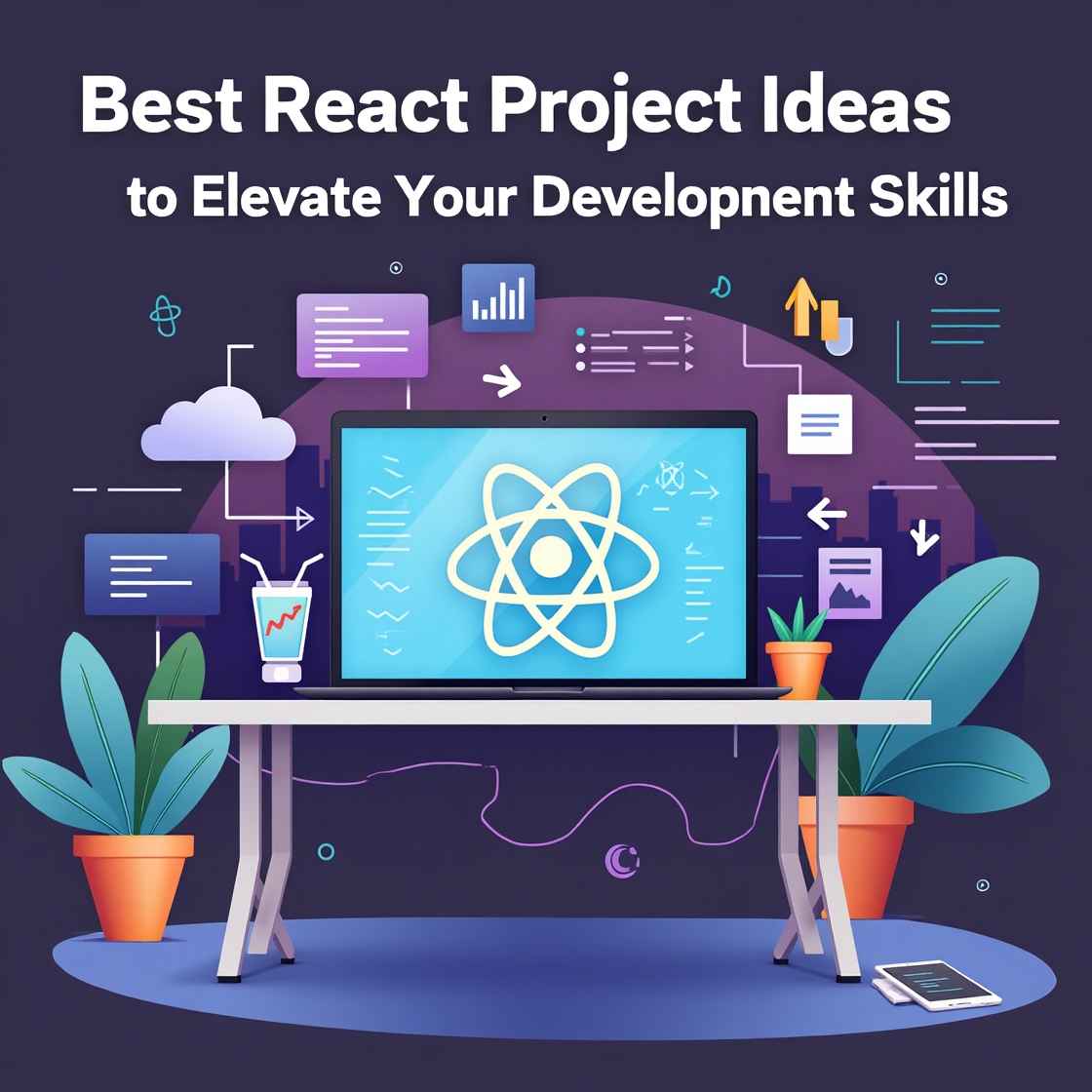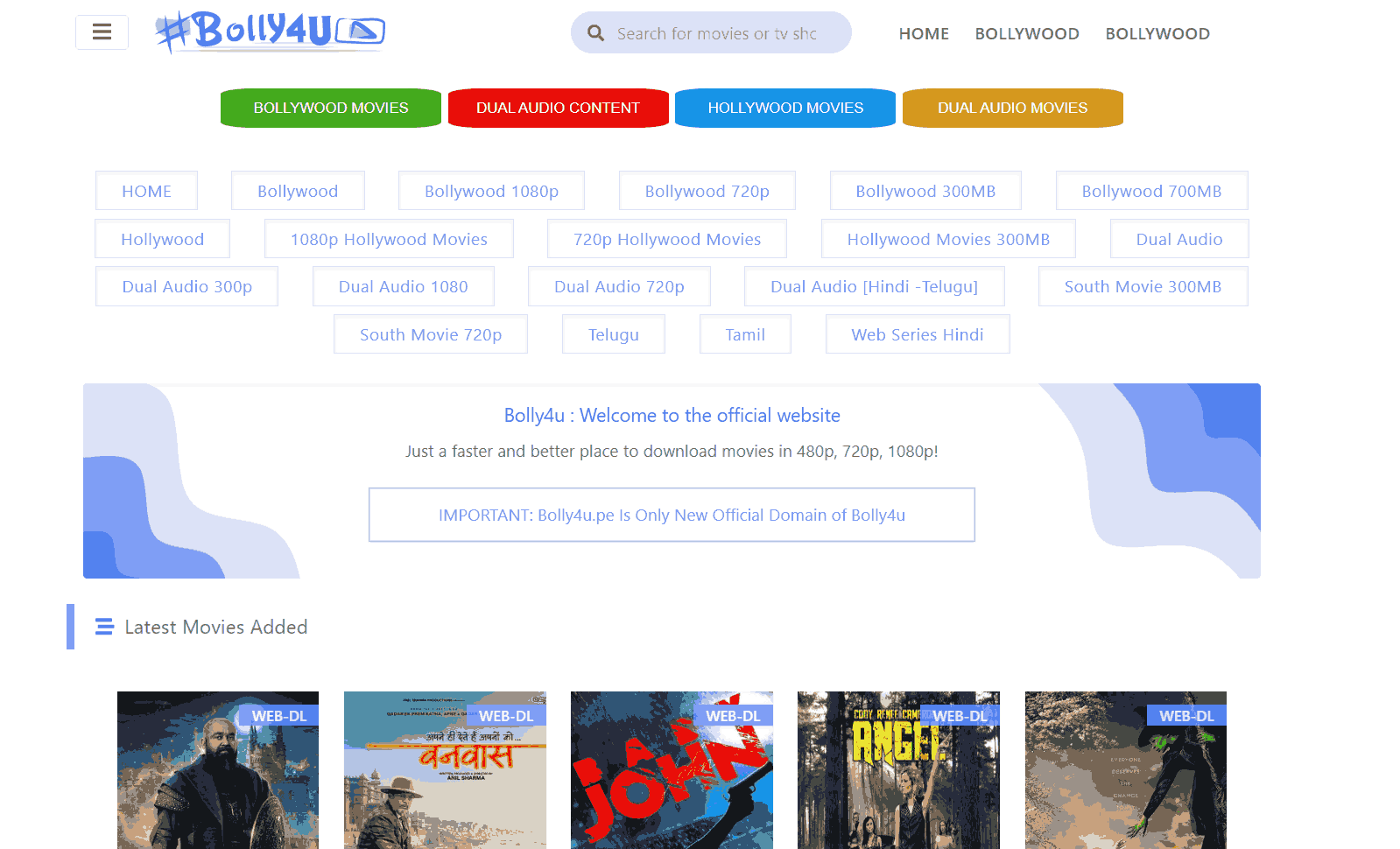10 Powerful Benefits of AI in Healthcare: Transforming Medicine with Real Examples

The integration of AI in healthcare is no longer a distant dream; it’s here, transforming the way doctors, researchers, and patients interact with medicine. From early disease detection to personalized treatment plans, AI is shaping the future of healthcare in unimaginable ways. In this blog, we’ll explore its uses, real-world examples, and the countless benefits it brings to the table.
What is AI in Healthcare?
Artificial Intelligence (AI) in healthcare refers to the use of advanced algorithms and machine learning models to analyze complex medical data. By simulating human intelligence, AI can assist in diagnostics, treatment planning, and even administrative tasks.
How It Works
AI in healthcare involves feeding large amounts of data into machine learning models. These algorithms then identify patterns and make predictions. For example, AI can analyze medical images, such as X-rays, to detect abnormalities faster and more accurately than traditional methods.
Why Now?
With advancements in computing power and the availability of big data, healthcare providers now have the tools to leverage AI effectively. Additionally, the pandemic accelerated digital health adoption, making AI an essential component of modern healthcare.
Read How AI is working in health field “Discovering the Power of NutriScan: Your AI Nutrition Guide“
The Many Uses of AI in Healthcare

AI is not limited to one aspect of healthcare—it spans diagnostics, treatment, and patient care.
1. Diagnostics
AI excels at recognizing patterns, making it invaluable for diagnostics. For instance, AI algorithms can detect cancers in imaging studies like mammograms or CT scans with high accuracy. These systems can flag abnormalities, allowing doctors to focus on critical cases.
2. Predictive Analytics
AI helps predict disease outbreaks, patient outcomes, and even hospital readmission rates. Hospitals are now using predictive tools powered by AI to allocate resources efficiently, especially during emergencies Organizations like EHRC works on these AI working fields.
Real-Life Examples of AI in Healthcare
Let’s dive into how AI is already making a difference in the medical field.
1. Google’s DeepMind for Eye Diseases
Google’s DeepMind collaborated with Moorfields Eye Hospital in London to develop an AI that can identify over 50 eye diseases. The system can analyze eye scans with expert-level accuracy, helping prevent blindness in patients.
2. IBM Watson for Oncology
IBM Watson Health uses AI to assist oncologists by analyzing the latest cancer research and patient data. It provides evidence-based treatment recommendations tailored to individual patients, saving valuable time for doctors.
3. AI-Powered Chatbots
AI-driven chatbots like Ada and Babylon Health offer 24/7 medical advice by analyzing user symptoms. While they don’t replace doctors, these tools provide preliminary assessments and guide patients on whether to seek further care.
Read How AI is working in health field “Discovering the Power of NutriScan: Your AI Nutrition Guide“
Benefits of AI in Healthcare
The advantages of integrating AI into healthcare are numerous, benefiting both providers and patients.
1. Faster Diagnosis and Treatment
AI accelerates diagnosis by analyzing vast amounts of data in seconds. This speed is especially crucial for diseases like cancer, where early detection can save lives.
2. Reduced Errors
Medical errors are a leading cause of patient harm worldwide. AI minimizes these risks by assisting in drug prescriptions, ensuring correct dosages, and flagging potential interactions.
How AI Improves Patient Care
AI isn’t just for doctors; it directly impacts patients, making healthcare more personalized and accessible.
1. Personalized Treatment
By analyzing a patient’s genetic makeup, lifestyle, and medical history, AI can suggest personalized treatment plans. This approach is particularly effective in areas like oncology and cardiology.
2. Remote Monitoring
AI-powered devices can monitor patients with chronic conditions like diabetes or heart disease. For instance, wearable devices equipped with AI algorithms can send real-time data to healthcare providers, ensuring timely interventions.
Challenges of AI in Healthcare
Despite its benefits, implementing AI in healthcare comes with its own set of challenges.
1. Data Privacy
AI relies heavily on patient data, raising concerns about privacy and security. Strict regulations like HIPAA and GDPR aim to address these issues, but ensuring compliance remains a challenge.
2. Lack of Human Touch
While AI can analyze data, it cannot replace the empathy and judgment of a human doctor. Striking the right balance between technology and human care is critical.
Read How AI is working in health field “Discovering the Power of NutriScan: Your AI Nutrition Guide“
The Future of AI in Healthcare

AI’s potential in healthcare is boundless, with researchers exploring new frontiers every day.
1. Drug Discovery
AI is speeding up drug development by analyzing millions of compounds to identify potential candidates. Companies like Atomwise are already using AI to find promising drugs faster than traditional methods.
2. Precision Surgery
AI-powered robots are assisting surgeons with precision tasks, reducing complications and improving outcomes. These tools can analyze data from past surgeries to improve techniques and reduce risks.
AI in Healthcare: Ethical Considerations
The rapid adoption of AI also raises important ethical questions.
1. Bias in AI
AI systems can inadvertently perpetuate biases present in the data they are trained on. For example, if an AI system is trained on data from a predominantly male population, it may not perform well for women.
2. Accountability
Who is responsible if an AI system makes an incorrect diagnosis? Clear guidelines and accountability frameworks are needed to address such scenarios.
How Healthcare Providers Can Prepare for AI
The adoption of AI in healthcare requires careful planning and investment.
1. Training Healthcare Professionals
Doctors and nurses need training to effectively use AI tools. Familiarity with AI can enhance their decision-making capabilities.
2. Building Trust
Healthcare providers must ensure transparency in how AI tools work. Patients are more likely to accept AI if they understand its benefits and limitations.
Read How AI is working in health field “Discovering the Power of NutriScan: Your AI Nutrition Guide“
Final Thoughts: Why AI is the Future of Medicine
The role of AI in healthcare is growing rapidly, offering solutions to age-old challenges while opening up new possibilities. From faster diagnostics to personalized treatment, AI has the potential to revolutionize medicine. However, its success hinges on ethical implementation, collaboration between tech companies and healthcare providers, and a commitment to prioritizing patient welfare.
CTA: Stay Updated on the Latest in AI and Healthcare
The future of healthcare is being written today. Subscribe to our blog to stay informed about the latest advancements in AI in healthcare and how they’re shaping the medical world.
Similar articles for you
- India GDP Growth Rate Drops to 5.4% in Q2: Is It Time for RBI to Step In?
- Amazon’s First-Ever Black Friday Sale in India
- iQOO 13 India Launch: The Ultimate Flagship Revolution You Can’t Miss
- 10 Ways How to Optimize Your LinkedIn Profile for Maximum Impact
- 10 Proven Strategies How to Write a Standout Resume That Lands Your Dream Job
- 10 Ways How To Protect Your Online Privacy in 2024
- Discovering the Power of NutriScan: Your AI Nutrition Guide







Can I just say what a relief to find someone who truly knows what theyre talking about on the internet. You definitely know easy methods to deliver a difficulty to gentle and make it important. Extra individuals need to read this and understand this side of the story. I cant consider youre not more well-liked because you positively have the gift.
Your article helped me a lot, is there any more related content? Thanks!
Thank you for your sharing. I am worried that I lack creative ideas. It is your article that makes me full of hope. Thank you. But, I have a question, can you help me?
Can you be more specific about the content of your article? After reading it, I still have some doubts. Hope you can help me.
Great breakdown! Slots like Super Ace Jili offer fun and strategy. The free spins and wilds really boost your chances. Definitely worth a try!
Great breakdown! It’s fascinating how probability plays such a huge role in lottery outcomes. For those looking to explore AI tools that can help analyze patterns and data, Best Free AI Tools offers a great collection of no-cost resources to dive deeper.
Hi, I think your site might be having browser compatibility issues. When I look at your website in Chrome, it looks fine but when opening in Internet Explorer, it has some overlapping. I just wanted to give you a quick heads up! Other then that, excellent blog!
Scratch cards are such a fun, quick thrill! It’s cool to see platforms like Plus777 Login offering that same excitement online, with tools to actually understand the games. Need to reset your Plus777 Login password? Seems they’ve thought of everything for a smooth experience! 👍
I have to show my passion for your kind-heartedness in support of those who should have assistance with that topic. Your special commitment to passing the message throughout came to be definitely insightful and has really encouraged some individuals much like me to reach their pursuits. The interesting tutorial entails this much to me and a whole lot more to my fellow workers. Warm regards; from each one of us.
Adorei este site. Pra saber mais detalhes acesse o site e descubra mais. Todas as informações contidas são informações relevantes e exclusivos. Tudo que você precisa saber está ta lá.
me encantei com este site. Pra saber mais detalhes acesse nosso site e descubra mais. Todas as informações contidas são conteúdos relevantes e exclusivos. Tudo que você precisa saber está ta lá.
Thanx for the effort, keep up the good work Great work, I am going to start a small Blog Engine course work using your site I hope you enjoy blogging with the popular BlogEngine.net.Thethoughts you express are really awesome. Hope you will right some more posts.
I?¦ll immediately take hold of your rss feed as I can not find your email subscription link or e-newsletter service. Do you have any? Please let me know so that I may just subscribe. Thanks.
Your point of view caught my eye and was very interesting. Thanks. I have a question for you.
Thank you, your article surprised me, there is such an excellent point of view. Thank you for sharing, I learned a lot.
Can you be more specific about the content of your article? After reading it, I still have some doubts. Hope you can help me.
Your article helped me a lot, is there any more related content? Thanks!
Thank you for your sharing. I am worried that I lack creative ideas. It is your article that makes me full of hope. Thank you. But, I have a question, can you help me?
It’s in point of fact a great and helpful piece of info. I’m glad that you simply shared this useful info with us. Please keep us up to date like this. Thank you for sharing.
Thanx for the effort, keep up the good work Great work, I am going to start a small Blog Engine course work using your site I hope you enjoy blogging with the popular BlogEngine.net.Thethoughts you express are really awesome. Hope you will right some more posts.
Thanks for sharing. I read many of your blog posts, cool, your blog is very good.
certainly like your web site but you need to take a look at the spelling on several of your posts. Many of them are rife with spelling issues and I in finding it very bothersome to inform the truth on the other hand I’ll surely come back again.
An interesting discussion is worth comment. I think that you should write more on this topic, it might not be a taboo subject but generally people are not enough to speak on such topics. To the next. Cheers
I’m still learning from you, as I’m improving myself. I certainly liked reading everything that is written on your blog.Keep the information coming. I enjoyed it!
Can you be more specific about the content of your article? After reading it, I still have some doubts. Hope you can help me. https://www.binance.info/en-IN/register?ref=UM6SMJM3
Howdy! Quick question that’s completely off topic. Do you know how to make your site mobile friendly? My site looks weird when viewing from my apple iphone. I’m trying to find a template or plugin that might be able to correct this issue. If you have any suggestions, please share. Thanks!
excellent post.Ne’er knew this, appreciate it for letting me know.
Rattling great information can be found on web site. “Many complain of their memory, few of their judgment.” by Benjamin Franklin.
Competent team performance, demonstrates true professionalism. Expert service discovered. Professional standards.
Dry Cleaning in New York city by Sparkly Maid NYC
I really like your blog.. very nice colors & theme. Did you create this website yourself or did you hire someone to do it for you? Plz reply as I’m looking to construct my own blog and would like to know where u got this from. thanks